
Education for Foster and Kinship Families
Why Families Are Forever?
Foster and kinship families provide a temporary family life experience for children who have been removed from their home. For a child, this period of separation from their primary caregiver may be a confusing and an inherently traumatic experience. As a crucial part of the child welfare team, foster and kinship caregivers have the unique opportunity to provide a safe and healing environment for children, while their primary caregiver(s) receive the support and training they need to safely reunite with their children. Using the principles of TBRI®, FAF empowers caregivers across the world with trauma-informed strategies and resources to provide care in an environment of healing and hope.
While the journey may be challenging, Families Are Forever is here to provide knowledge and support to foster and kinship families to become effective advocates, improve outcomes, and promote healing for children.
“TRUST is not based on perfection in us as parents, but on our being AVAILABLE & PRESENT when our child needs us.”
–Dr. David Cross, KPICD
Suggested Courses


Class 102
Introduction to Trust-Based Relational Intervention®
This class lays the foundation for most of the Trust-Based Relational Intervention (TBRI) teachings of this entire program. TBRI is a proven method for enriching the lives of at-risk, vulnerable children, adolescents, and their families. Much of the information that we’ll examine will be drawn from this material, which includes a 40 minute “TBRI Overview” video.
2 Hours • $35
Enroll in Class 102

Class 104
Understanding Children’s Development
The mystery of how a child becomes the small person we meet begins with their developing brain and body—how does this development affect their emotional and behavioral make up? In this course, we’ll learn from the Karyn Purvis Institute of Child Development’s 90-minute video “Children from Hard Places and the Brain.” This video covers topics such as institutionalization and development, and challenges us to think about what it means to come from a hard place. This TBRI-focused teaching will start your exploration of what we hope will be a life-long desire to learn just how and why children are who they are, and how we as parents, caregivers, and professionals can be an enormous part of their healing. We’ll cover how the brain develops, the impact of loss, trauma and institutionalization and how we can help change a child’s brain development through attachment.
2.25 Hours • $35
Enroll in Class 104

Class 106
Understanding Attachment
In this class, we will look at what healthy attachment looks like and how our attachment styles as parents, caregivers, and professionals can ease our relationship with a child. Understanding attachment is an important part of every relationship—the 90 minute “Attachment–Why It Matters Part 1” video will give you the insights needed to start your own voyage of personal discovery, as well as give you practical TBRI tools for purposeful connection with any child.
2 Hours • $30
Enroll in Class 106

Class 107
Developing Attachment
The more you know about how to engage your child in the ‘attachment dance,’ the more healing you’re able to bring, and the more peace there can be in your home. This course offers useful tools for engaging with a child with a history of trauma and loss. This course includes the 60-minute video, “Attachment–Why It Matters Part 2.”
2.25 Hours • $35
Enroll in Class 107
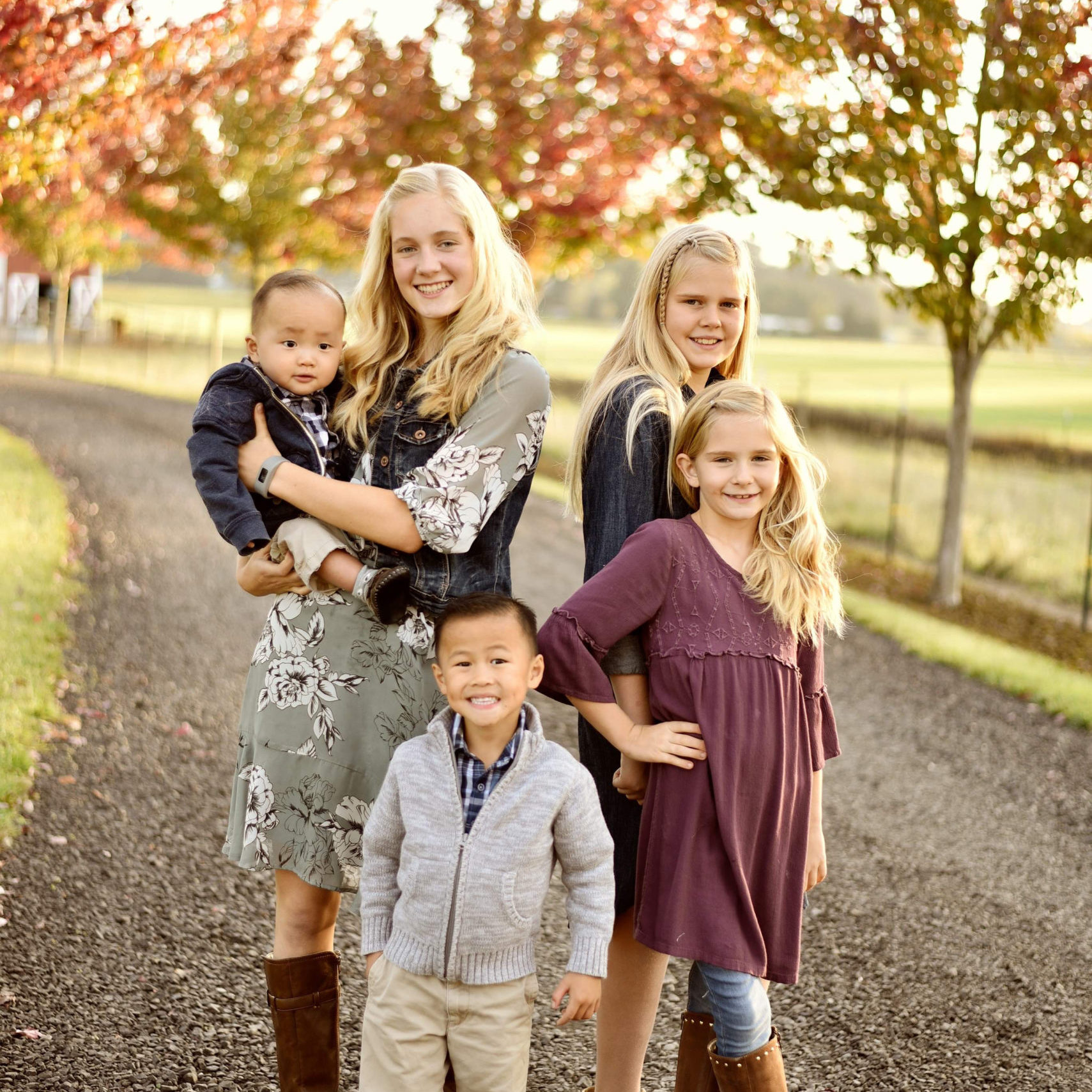
Class 303.1
TBRI: Empowering, Connecting, Correcting Part I
This course provides the practical examples and role-playing needed for parents, caregivers, and professionals to learn how to empower children to physically and emotionally attune to a safe caregiver. You’ll come away with the tools and encouragement needed to connect with children in a meaningful, healthy way, while also learning strategies to help them course-correct when things get hard. The first session of the video “Empowering, Connecting, Correcting” is included in this course.
2 Hours • $60
Enroll in Class 303.1
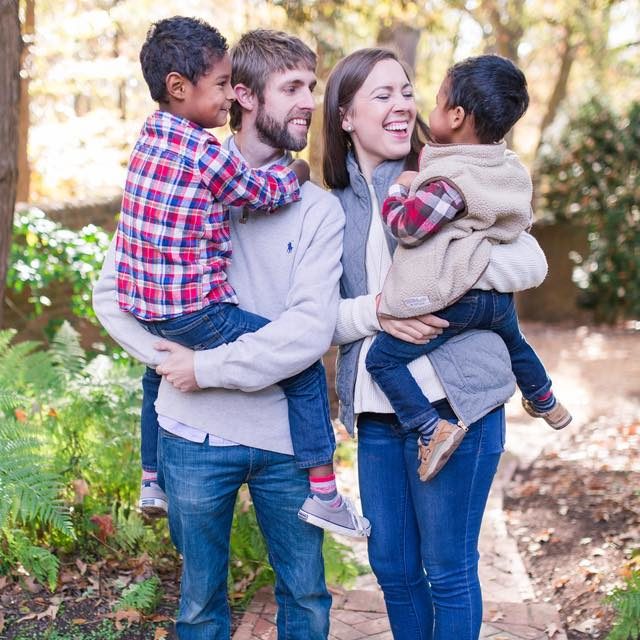
Class 303.2
TBRI: Empowering, Connecting, Correcting Part II
This course continues the practical examples and role-playing needed for parents, caregivers and professionals to learn how to empower children to physically and emotionally attune to a safe caregiver. The second session of the video “Empowering, Connecting, Correcting” is also included in this course.
2 Hours • $60
Enroll in Class 303.2
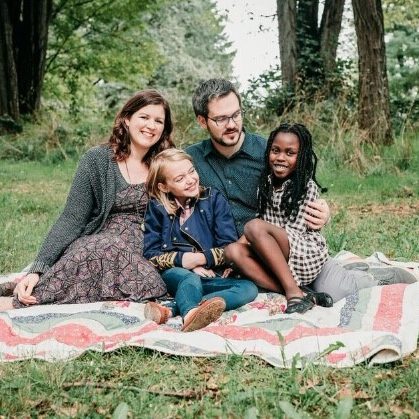
Class 304
Facilitating Behavioral Change
Discover the science behind the behaviors of vulnerable children. Dr. Purvis provides dozens of examples of TBRI strategies to deal with the behaviors of the children you care for who’ve come to you after experiences of trauma and loss in their lives.. It’s a joy to watch Dr. Purvis bring order, security, and contentment into tough situations with children. The 86-minute video “Facilitating Behavioral Change” is included in this course.
2 Hours • $60
Enroll in Class 304
ENROLL: Foster/Kinship Core Bundle
Buy the Bundle and SAVE 5%

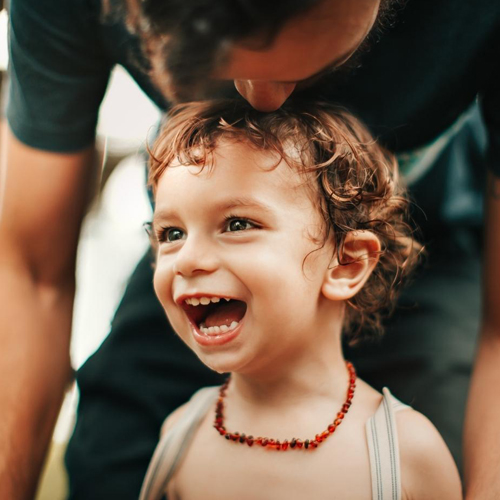
Class 111
Medical Conditions | FASD Overview
Fetal Alcohol Spectrum Disorders are the result of exposure to alcohol before birth that causes physical changes to the makeup of cells in the brain. In this class FASD Expert Eileen Devine comes alongside parents to examine the behavioral symptoms of this spectrum disorder and how an individualized support plan is essential for parenting a child with an FASD diagnosis.
1.5 Hours • $35
Enroll in Class 111

Class 201
The Importance of Playful Engagement
In this class, we’ll discuss how to confront challenging moments through playful interaction, and provide practical tools for daily encouragement for children with a background of trauma. This class also explores ways to make play fun for yourself and your child, and why play can often be difficult for adults.
2.0 Hours • $60
Enroll in Class 201

Class 202
Healing and Healthy Touch
Science, and our own hearts tell us that everyone needs physical affection, but it can be difficult to know how to approach a child when touch has been absent or abusive in their lives. This course offers practical tools based in TBRI for how to be affectionate with a child with a history of trauma and loss, as well as how to recognize and bring healing to sexualized behavior and introduce a child to your family culture of healthy touch. The 40-minute TBRI video, “Healthy Touch” is included in this course.
2 Hours • $60
Enroll in Class 202

Class 203
Exploring the Sensory World
This course explores the ways in which we experience the world through the 5 senses and different coping mechanisms for sensory overload. In this segment, we’ll also discuss the importance of respect for our own, as well as our children’s bodies. The 90-minute TBRI-focused video “A Sensory World” is included in this course.
2 Hours • $60
Enroll in Class 203
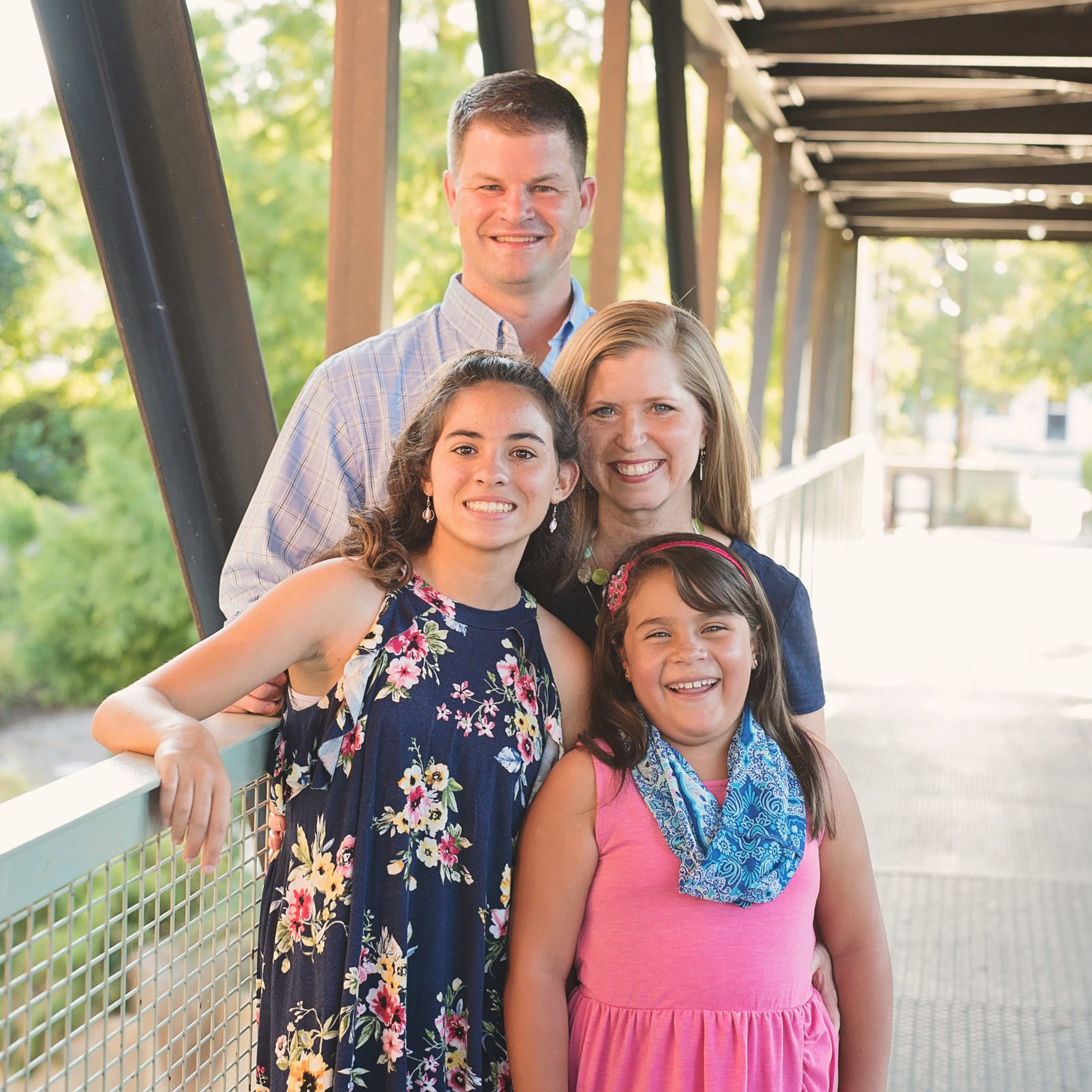
Class 302
TBRI for Teens: Connecting with Older Children
Meeting the needs and bonding with a teenager or an older child who has a history of trauma and loss, comes with its own set of challenges. A teen who is beginning to question their situation, identity and relationships can require a whole new list of best practices for parents, caregivers and professionals. In this course we’ll introduce the short video “Toxic Stress & the Brain” as well as the two-part series, “TBRI for Teens.”
2 Hours • $60
Enroll in Class 302
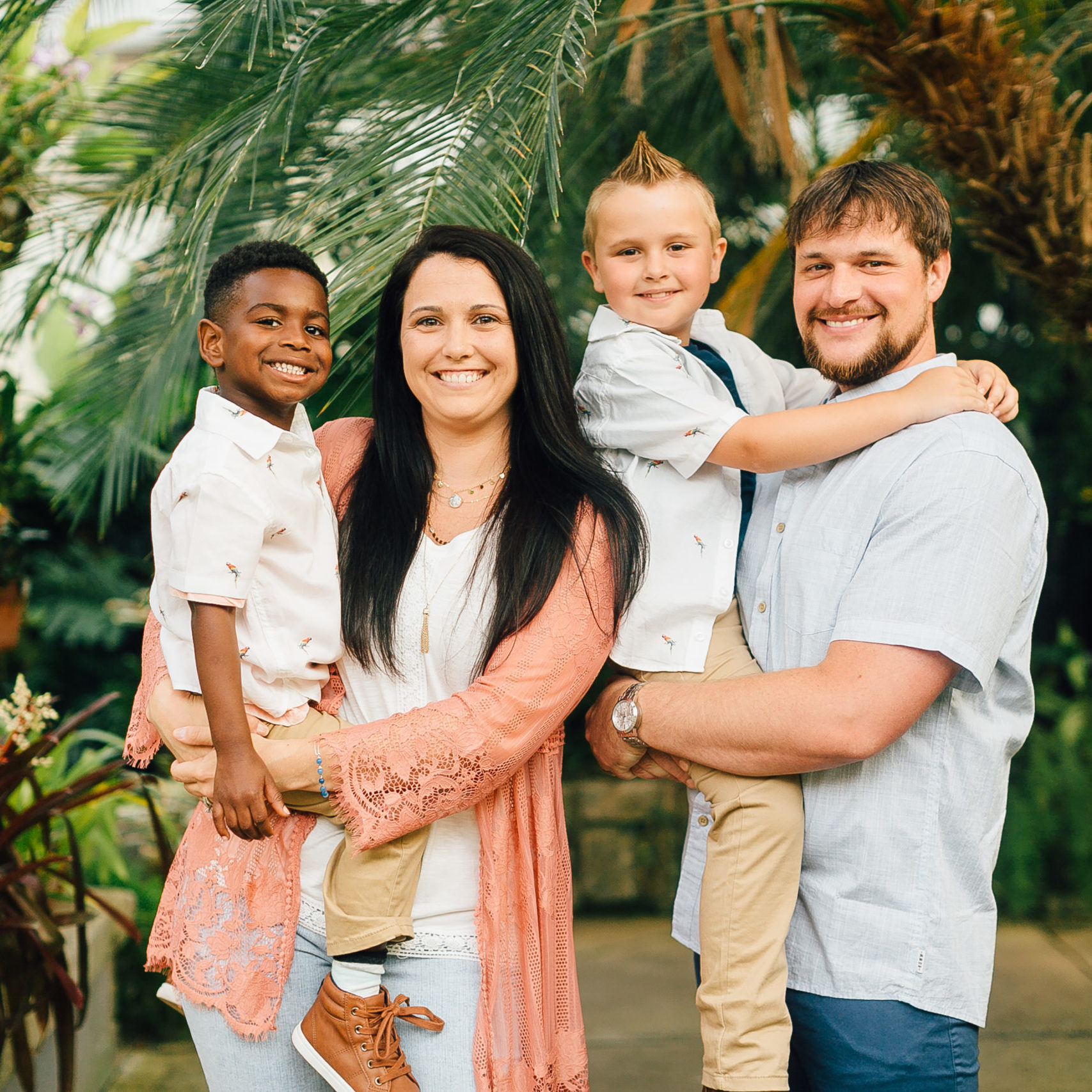
Class 306
Racial Makeup of Families & Identity of Children
Families whose children have ethnicities different from their own face unique challenges in family life, community, and culture. Your child’s experience is different from your own—and there must be space for them to express those experiences and feelings. This course will help families discover ways to honor their child’s birth culture as well as the community that they’ve brought their child “home” to join.
2 Hours • $60
Enroll in Class 306

Class 311
Talking to Kids About Race and Racism
Family should be the place where children feel precious and beloved. It’s also the place where their identity is nurtured and strengthened. When everyone in the family doesn’t “match,” we have the unique opportunity of learning and growing together, and then championing the differences. What you say and (often more importantly) what you don’t say as parents and caregivers will be foundational to the identity your child takes into their teens, young adulthood, and the rest of their life. This course includes resources from Be The Bridge, a faith-based organization that believes in truth-telling, humility, respect, confession, grace, and justice. It will help you guide the thinking, reading, and conversation around race and racism for your whole family.
3 Hours • $90
Enroll in Class 311